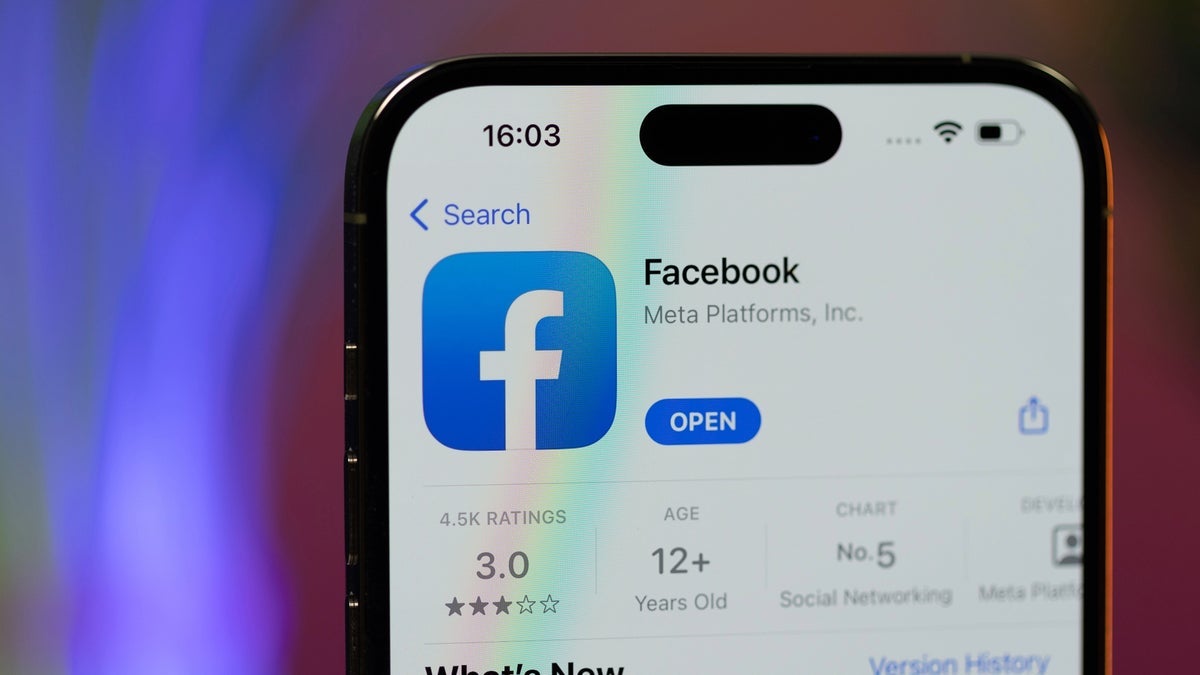Facebook, Instagram feel the heat from the EU: an ad-free plan still shows ads


This isn’t funny to EU watchdogs and Meta’s “consent or pay” policy is causing ongoing tensions. The European Data Protection Board (EDPB) previously recommended that Meta offer users more choices, but the company’s paid “ad-free” tier is now under investigation and could face sanctions.
In some regions on the Old Continent, Meta provides a paid option for users who prefer not to see targeted ads based on their activity. So far, so good. This tier was created to align with EU privacy regulations, but it still offers limited choices, requiring users to either pay or leave the service.
However, this doesn’t fly with the EU, as the block regulators remain unsatisfied. They want to see more free options without activity tracking. If Meta is found in violation, it could face penalties up to 10% of its annual gross revenue.
What’s more, the Consumer Protection Cooperation (CPC) network has also launched a separate investigation, sending a letter to Meta about potential legal violations.
The letter points out that while Meta’s terms suggest no ads with the paid tier, users might still see ads through content shared by others.
CPC authorities identified several practices in the context of Meta’s roll-out of its business model that “raise concern” and could potentially be considered “unfair and contrary” to various commercial practices directives and legislations.
Here are some key takeaways from the CPC network’s letter:
- Misleading consumers by using the word “free” while, for users who do not want to subscribe against a fee, Meta requires them to accept that Meta can make revenue from using their personal data to show them personalised ads.
- Confusing users by requiring them to navigate through different screens in the Facebook/Instagram app or web-version and to click on hyperlinks directing them to different parts of the Terms of Service or Privacy Policy to find out how their preferences, personal data, and user-generated data will be used by Meta to show them personalised ads;
- Using imprecise terms and language, such as “your info” to refer to consumers’ “personal data” or suggesting that consumers who decide to pay will not see ads at all, while they might still see ads when engaging with content shared via Facebook or Instagram by other members of the platform;
- Pressurising consumers who have always used Facebook/Instagram free of charge until the new business model was introduced, and for whom Facebook/Instagram often constitute a significant part of their social lives and interactions to make an immediate choice, without giving them a pre-warning, sufficient time, and a real opportunity to assess how that choice might affect their contractual relationship with Meta, by not letting them access their accounts before making their choice.
Ah, don’t you just love it when big government regulators fight big corporations?
Jokes aside, ads on Facebook can be a bit pesty, to put it mildly. Maybe now it’s a good time to tone them down a bit?
Source link


